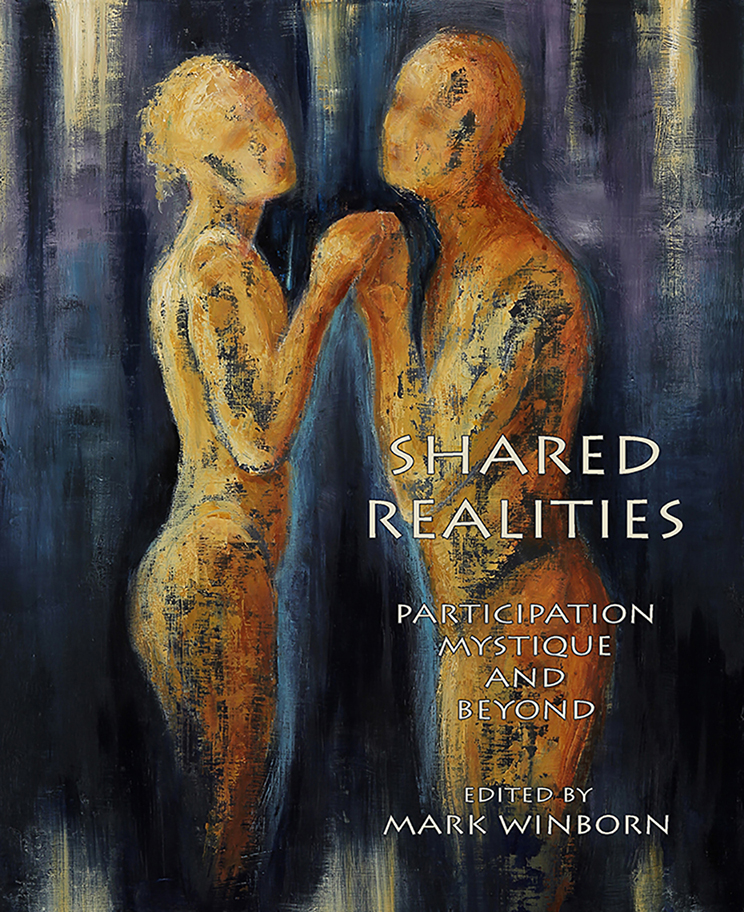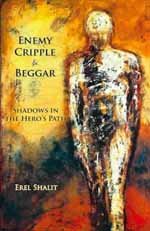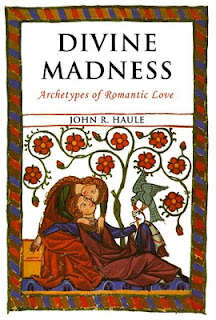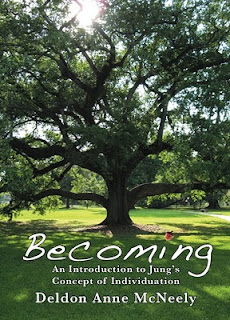In 1965, Jolande Jacobi, Jung’s colleague, wrote The Way of Individuation, now a classic. We can use it as a source for delving into questions that speak to us a half-century later. During that half-century the blooming of modernism, post-modernism, and post-post-modern thought raised questions and nuances that color and complicate our images of individuation as presented by Jacobi.
Jung saw himself as a scientific observer of human behavior, not a philosopher who speculated




